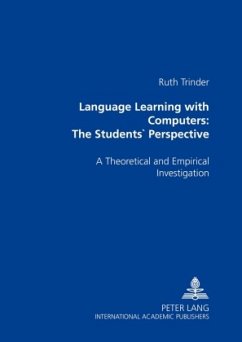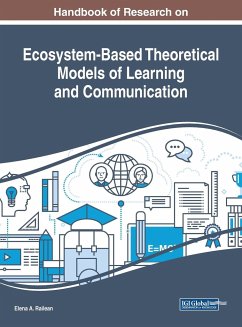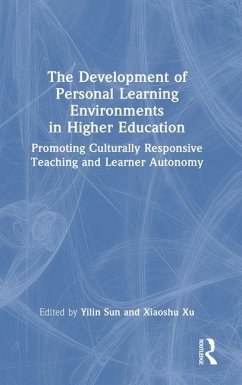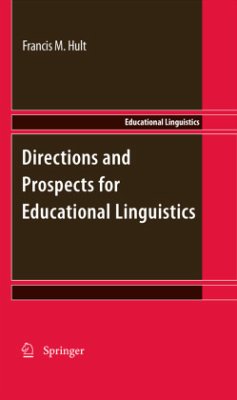
Theoretical Foundations of Learning Environments
Versandkostenfrei!
Versandfertig in 1-2 Wochen
168,99 €
inkl. MwSt.

PAYBACK Punkte
84 °P sammeln!
This book provides students, faculty, and instructional designers with a clear, concise introduction to the major pedagogical and psychological theories and their implications for the design of new learning environments.












